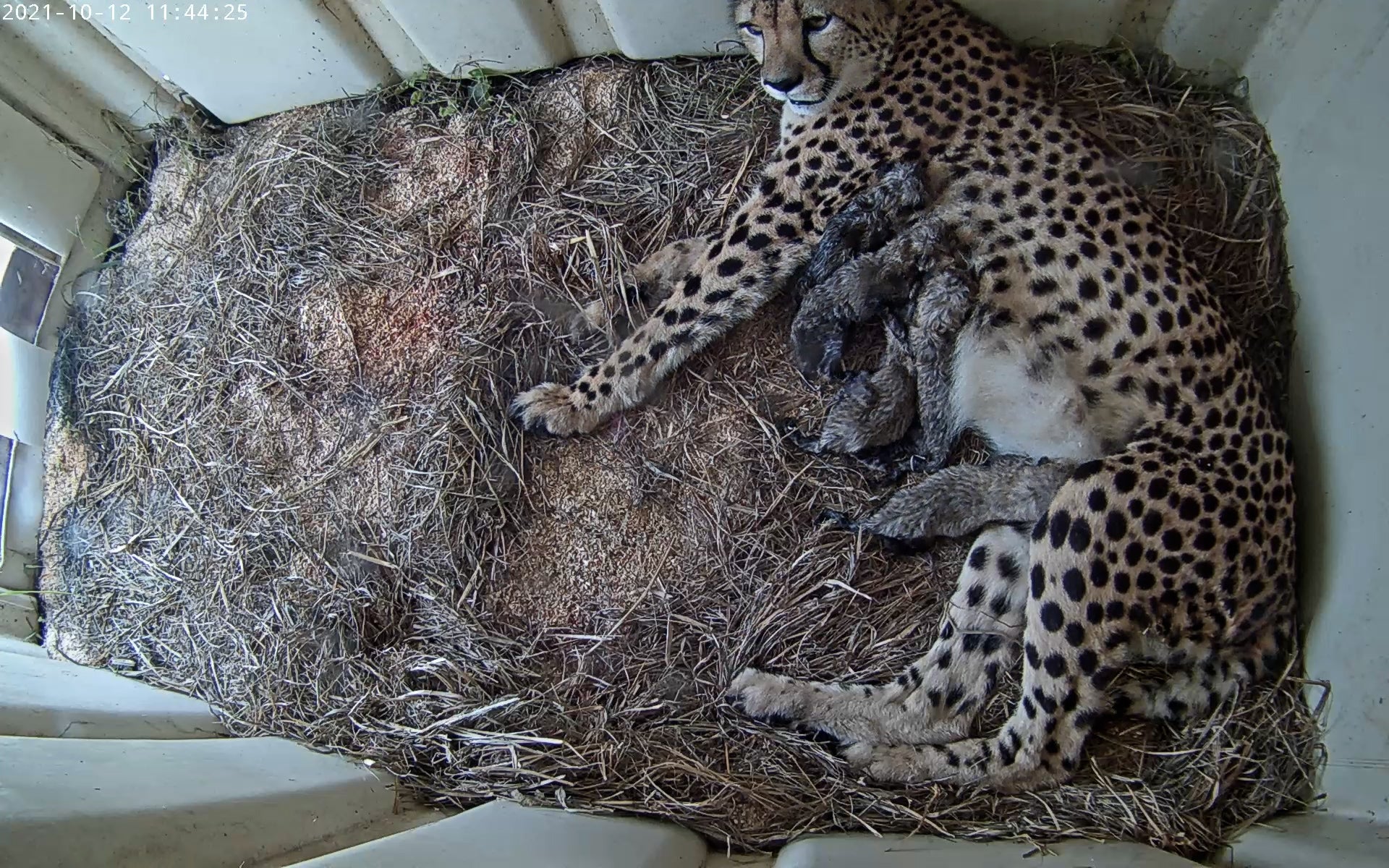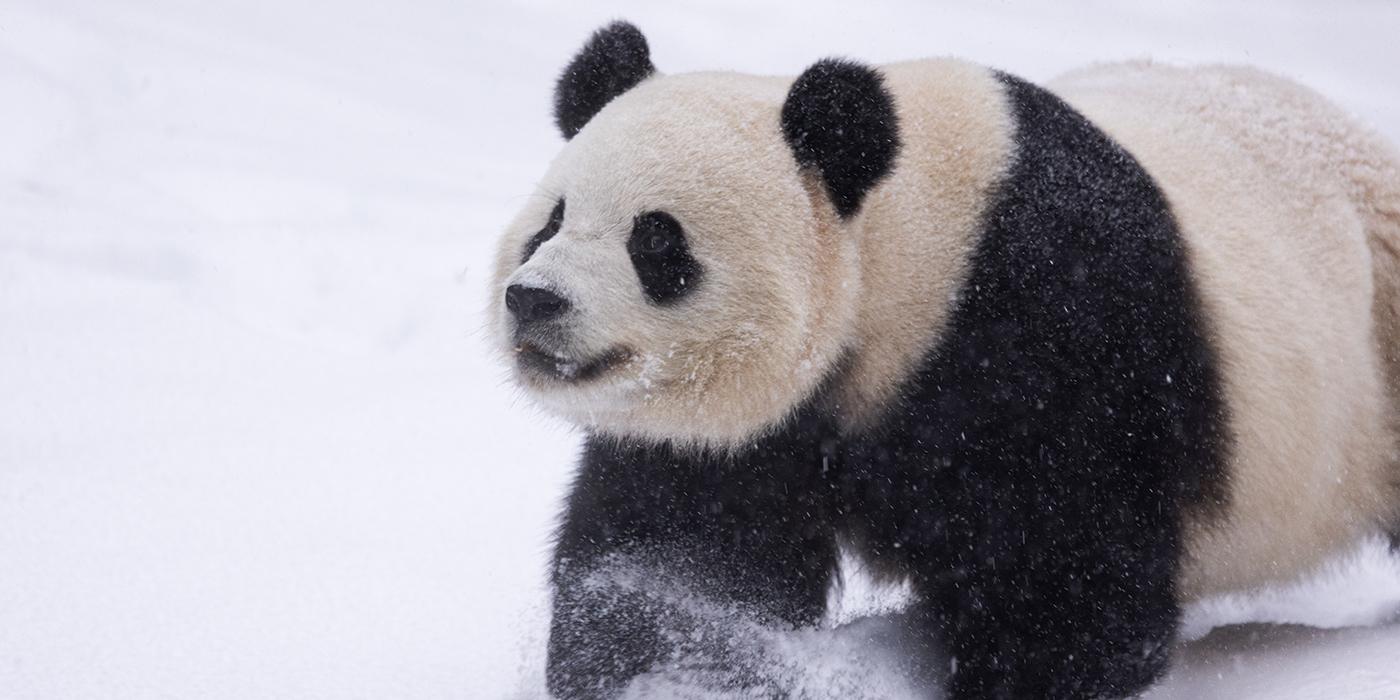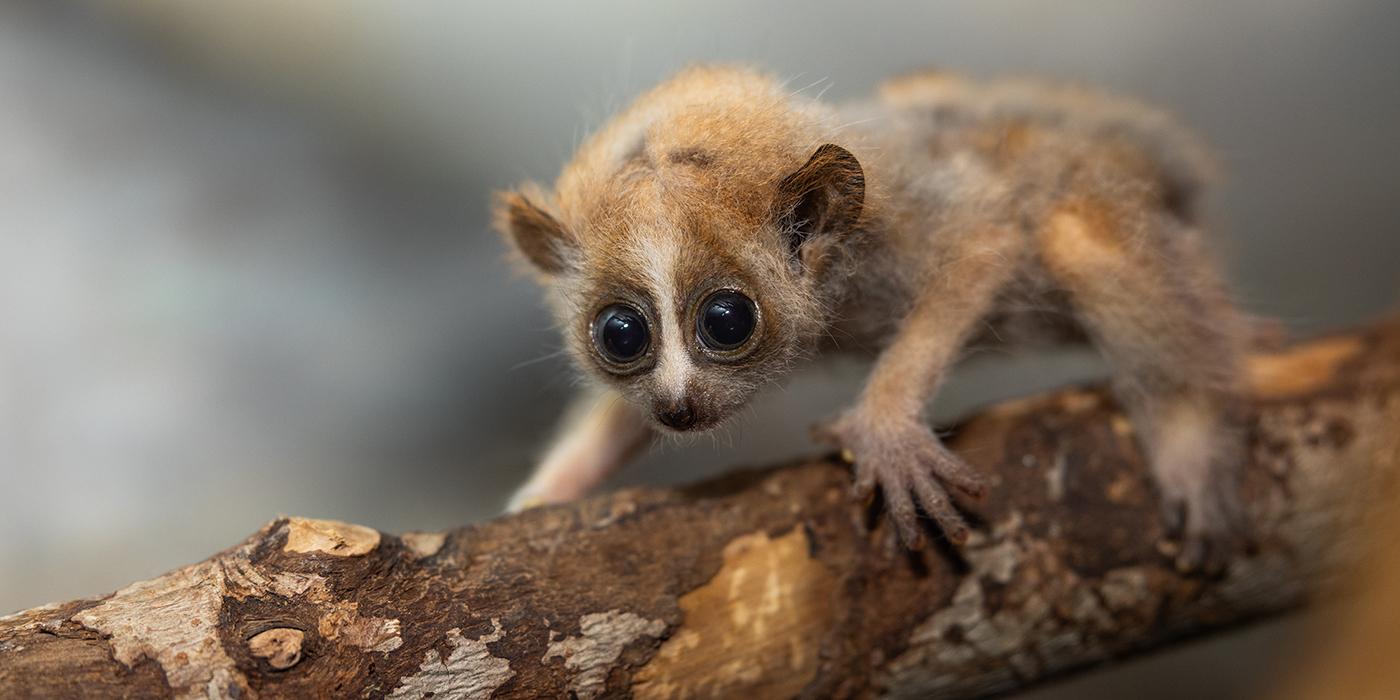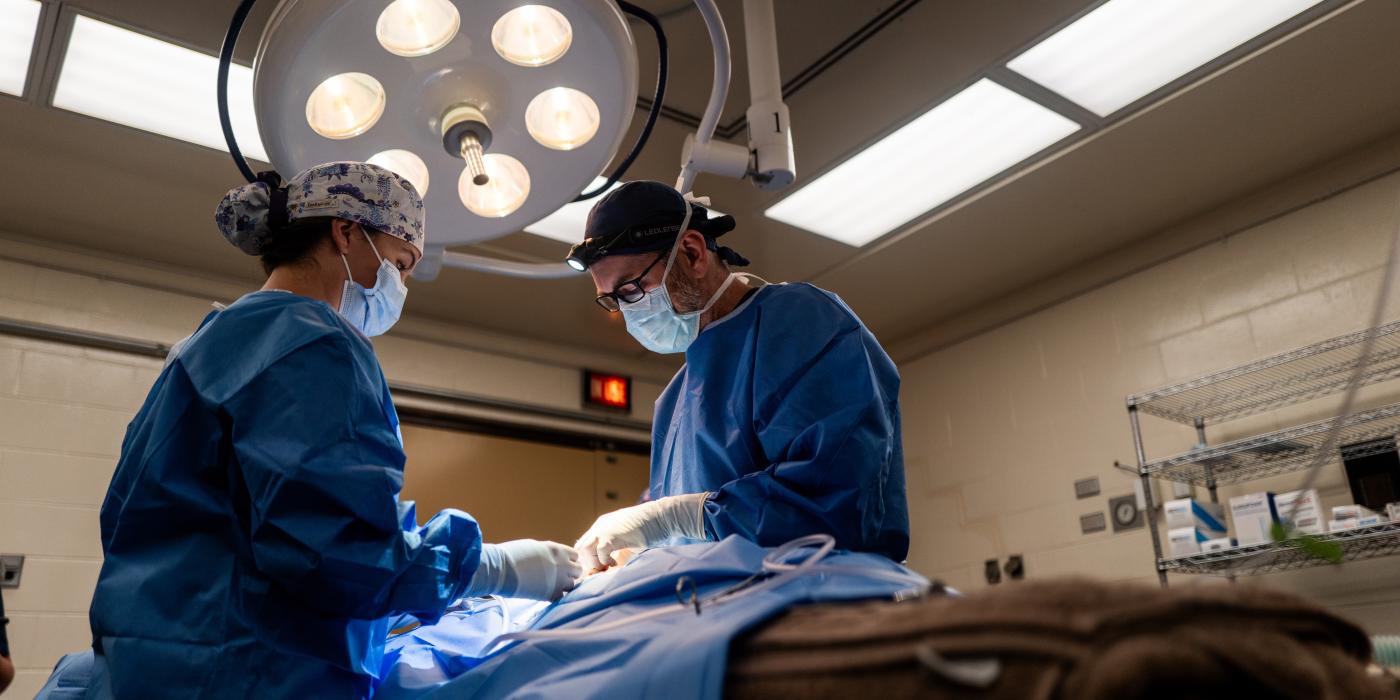Cheetah Cubs Are Born at the Smithsonian Conservation Biology Institute
Cubs Can Be Viewed on the Live Cheetah Webcam
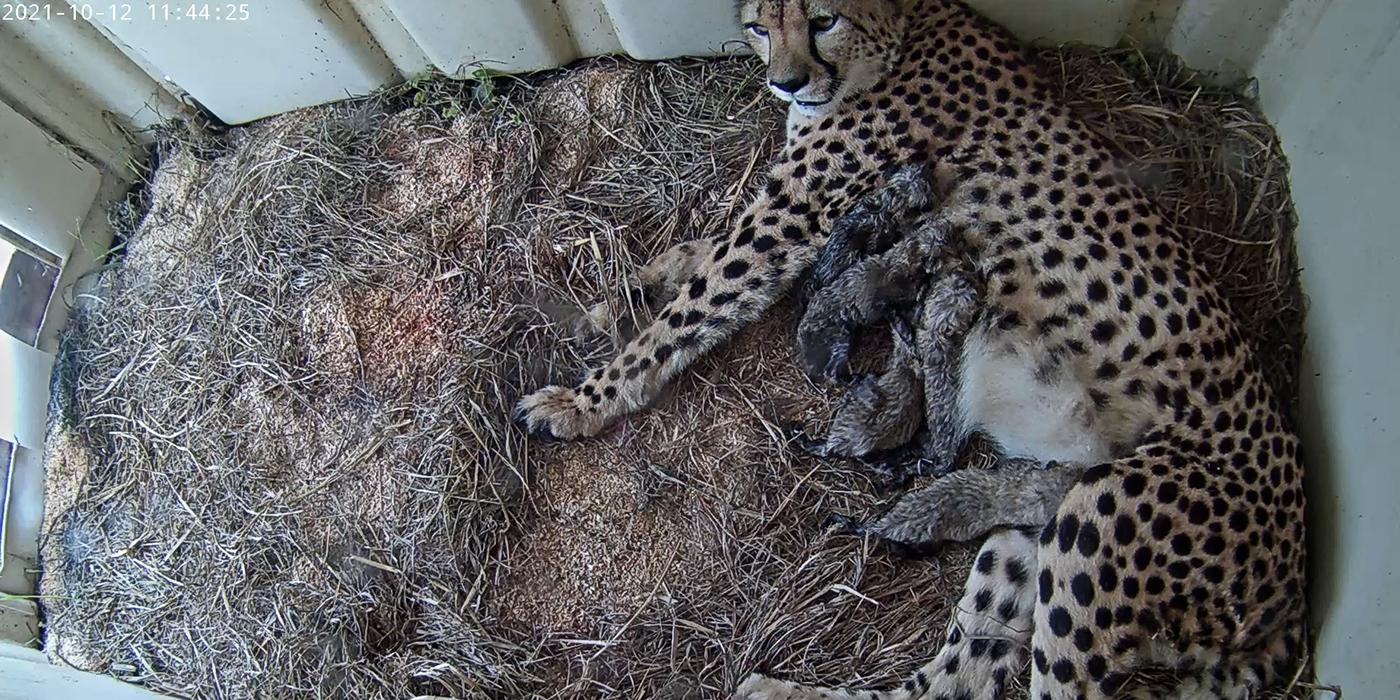
Carnivore keepers at the Smithsonian Conservation Biology Institute in Front Royal, Virginia, welcomed a litter of five cheetah cubs today. Five-year-old female Rosalie birthed the cubs at 5:20 a.m., 8:24 a.m., 9:42 a.m., 10:33 a.m and 11:17 a.m. ET. The family can be viewed via the Cheetah Cub Cam. Ten-year-old Nick, who was the first cheetah born at SCBI, sired this litter. Animal care staff will leave Rosalie to bond with and care for her cubs without interference, so it may be some time before they can determine the cubs' sexes. The cubs appear to be strong, active, vocal and eating well. Keepers will perform a health check on the cubs when Rosalie is comfortable leaving them for an extended period of time.
Staff are closely monitoring Rosalie and her cubs’ behaviors via webcam. Virtual visitors can observe Rosalie and her cubs on this temporary platform until the cubs leave the den. Keepers provided Rosalie with access to multiple dens, so it is possible she may move the cubs to an off-camera location.
"Seeing Rosalie successfully care for this litter—her first—with confidence is very rewarding," said Adrienne Crosier, cheetah reproductive biologist at SCBI and head of the Association of Zoos and Aquariums' Cheetah Species Survival Plan. "Being able to witness the first moments of a cheetah’s life is incredibly special. As webcam viewers watch our cheetah family grow, play and explore their surroundings, we hope the experience brings them joy and helps them feel a deeper connection to this vulnerable species."
SCBI is part of the Cheetah Breeding Center Coalition—a group of 10 cheetah breeding centers across the United States that aim to create and maintain a sustainable North American cheetah population under human care. These cubs are a significant addition to the Cheetah SSP, as each individual contributes to this program.
The SSP scientists determine which animals to breed by considering their genetic makeup, health and temperament, among other factors. Rosalie and Nick were paired and bred July 9 and 10. Keepers trained Rosalie to voluntarily participate in ultrasounds, and SCBI veterinarians confirmed her pregnancy Aug. 16. Since 2007, 16 litters of cheetah cubs have been born at SCBI.
Cheetahs live in small, isolated populations mostly in sub-Saharan Africa. Many of their strongholds are in eastern and southern African parks. Due to human conflict, poaching and habitat and prey-base loss, there are only an estimated 7,000 to 7,500 cheetahs left in the wild. The International Union for Conservation of Nature considers cheetahs vulnerable to extinction.
The Zoo’s legacy of conservation work extends beyond the public Zoo in Washington, D.C., to SCBI in Front Royal, Virginia. Scientists at SCBI study and breed more than 20 species, including some that were once extinct in the wild, such as black-footed ferrets and scimitar-horned oryx. Animals thrive in specialized barns and building complexes spread over more than 3,200 acres. The sprawling environment allows for unique studies that contribute to the survival of threatened, difficult-to-breed species with distinct needs, especially those requiring large areas, natural group sizes and minimal public disturbance.
SCBI spearheads research programs at its headquarters in Virginia, the Zoo in Washington, D.C., and at field research stations and training sites worldwide. SCBI scientists tackle some of today’s most complex conservation challenges by applying and sharing what they learn about animal behavior and reproduction, ecology, genetics, migration and conservation sustainability.
Related Species:

